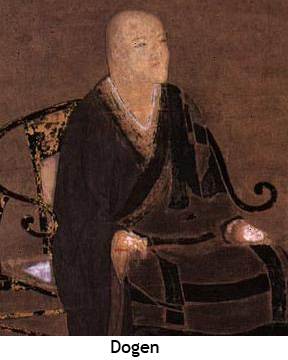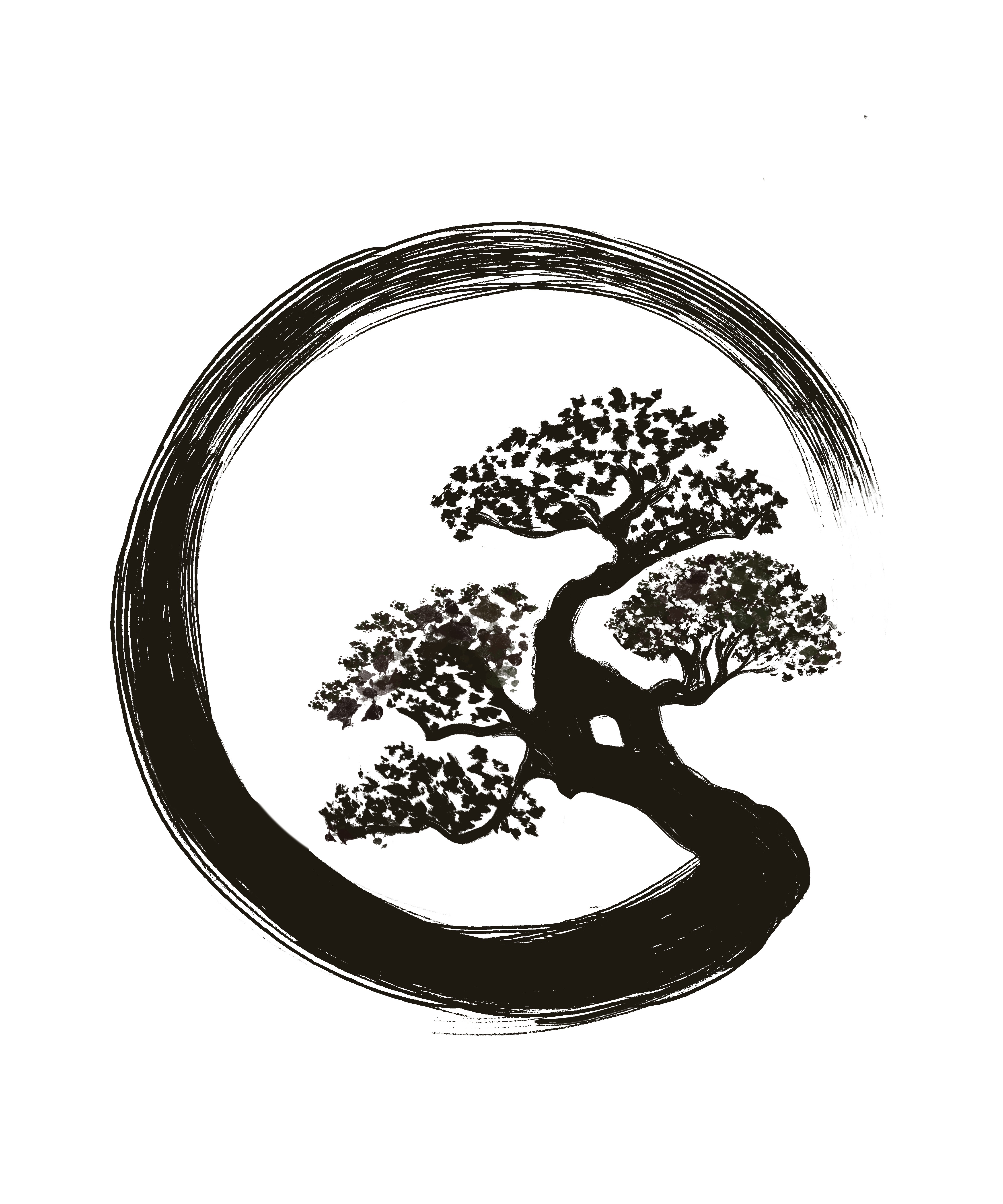Individual Meetings

Individual face-to-face teaching is one of the most powerful tools of the Zen tradition, and anyone who comes to the Morning Star Zen Sangha is encouraged to take advantage of them. These private meetings are called dokusan (pronounced “doke-san”) or simply “interviews.” The purpose of dokusan is to address the Great Matter, the matter of life and death, and of liberation amid our suffering.
These are opportunities to make a personal connection with one the teachers, to bring your Zen practice into the realm of the interpersonal, or to ask any question you like about anything to do with Zen:
- Your practice on or off your cushion
- Bringing the teachings into your life
- The Precepts of skillful action
- The liturgy, especially anything that resonates with you, or confuses you or provokes you
- Working with kōans
- Considering coming to a retreat
- Anything you are struggling with spiritually
The teachers in Living Vow Zen regard the interpersonal aspect of teaching to be exceptionally important.
More Details About Dokusan
There is no need to memorize these instructions as there will be reminders each meeting, but here is more information about how dokusan works.
Every few weeks you will be able to meet with the teacher privately in dokusan. Dokusan is not intended to be therapy or socializing but is an opportunity to discuss your spiritual practice. Dokusan is an important part of our tradition and it is encouraged.
A stick will be passed to indicate whose turn it is. When the stick comes to you, if you do not want a meeting, place the stick in front of the person on your left. If you do want a meeting, keep the stick until you hear the sound of the bell. Then place the stick in front of the person on your left and proceed quickly to the dokusan room. (If the bell rings during walking meditation, pass the stick to the same person.)
Bow as you enter the dokusan room, close the door behind you, bow a second time in front of the teacher's seat, and take your seat. State your name and your practice, even if you have many times before. For example: "My name is Ali and my practice is counting the breath."
When the meeting is over, bow to the teacher, once while seated, and then while standing. As you leave, keep the door open and return directly to the zendō.
Confidentiality
Teachers maintain confidentiality about matters raised in dokusan. While confidentiality is the basis of mutual trust between student and teacher, for the well-being of individuals and of the sangha, there are times when teachers may choose to consult each other about matters raised in dokusan. Rarely, teachers may also need to discuss practice related issues with practice leaders. Personally identifying information is withheld whenever possible. Such consultations are never done lightly, and only as much information is shared as is needed to address the issue.
Students are also expected to refrain from sharing your kōan responses with other students. Your responses to kōans must come from you and your life; they must be what is alive for you. (If you give stock answers that one might find online or if you copy someone else's response, you are defeating the whole purpose of working with kōans, and teachers can usually tell.) The process of letting the kōan work on you is the most important part of working with kōans, not moving as quickly through the kōan curriculum as you can. Sometimes we will need to sit and live with a kōan for a very long time. Being able to do this is essential.
As John Tarrant writes, "It is important to bear with the feeling of risk, failure and inadequacy that sometimes appears in kōan work. Kōans draw out resistance and the resistance always has the flavor of the particular kōan that drew it out. I had to get over the need to be right and to impress my teacher and risk offering the understanding I had. When I was in despair over a kōan I found it helpful to remember that it was a gift from a great teacher. The interesting hypothesis was that the old masters knew what they were doing. If I don't know and can rest in it, that is likely to lead me somewhere I have never been. Over and over again, Zen is not about having the answer but about moving in the darkness of what is unknown and uncertain and trusting both your moves and the darkness that opens as you enter it."

